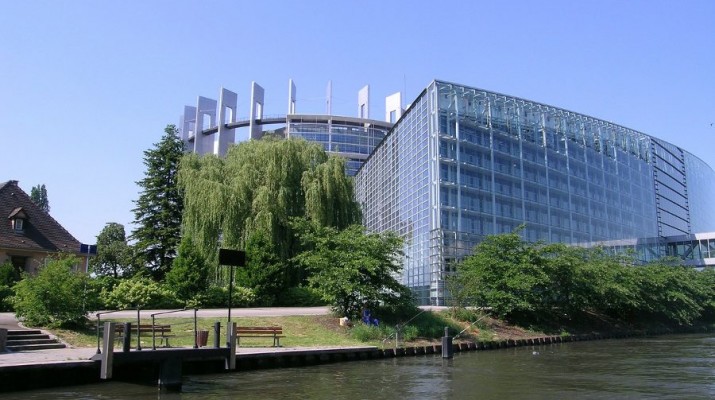The European Parliament represents all the members of the European Union. It is a one-room EU institution whose members of parliament elected for a 5-year term. In each Member State held European election, which elected their representatives in the European Parliament. They exercise their mandate in an independent manner!
The deliberations take place in Brussels, but the official seat in Strasbourg. In Brussels are the offices of MEPs and held there parliamentary committees. However, in Luxembourg houses the library, the General Secretariat and some technical facilities.
Members of parliament form a political factions, and space in the courtroom occupied by key party and not the nation. Such a party may create no more than 25 members. The MEP may belong to more than one faction of the party. The number of places is entitled to a country which corresponds to the number of the national population. The rule is that the number of seats allocated to individual member countries did not exceed 96 or not less than 6.
At the head of the European Parliament is the chairman, who directs the work of the Parliament and represents it on the international stage over the world. The President is elected by an absolute majority of MEPs. Period for which is elected is 2.5 years, ie half of the parliamentary term. Voting is by secret ballot. Candidate for President may report 40 Members or a political group. The current President of the EP is a German politician Martin Schulz.
In addition to the President elect 14 vice-presidents and 5 Quaestors, who, together with the President form the Bureau of the European Parliament. The task of the Bureau shall be: managing the internal functioning of the Parliament, replying estimates, Parliament, directing all administrative and financial organization and running of the secretariat and its sections. The Quaestors are responsible for issues while administrative and financial data relating directly to MEPs, eg. Clearing of parliamentary allowances.
MEPs work in parliamentary committees in Brussels once or twice a month. The committees have a specific scope, analyze the reports and legislative proposals and opinions addressed by the European Commission and the Council. Committees may create temporary committees pending investigation. The European Parliament supports the General Secretariat, headed by the secretary-general based in Luxembourg.
The competence of the European Parliament are lawmaking together with the Council and the creation of legislative law. Another competency is the competence of the EP budget, in which Parliament and the Council shall adopt the budget of the European Union. Parliament can control the other institutions and to some extent has creative powers, ie. Can influence the selection of the composition of other organs of the Union.

